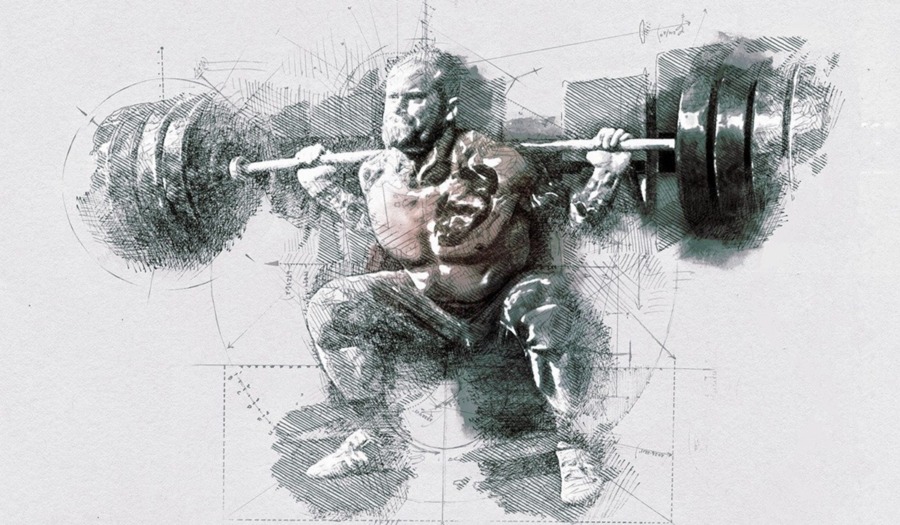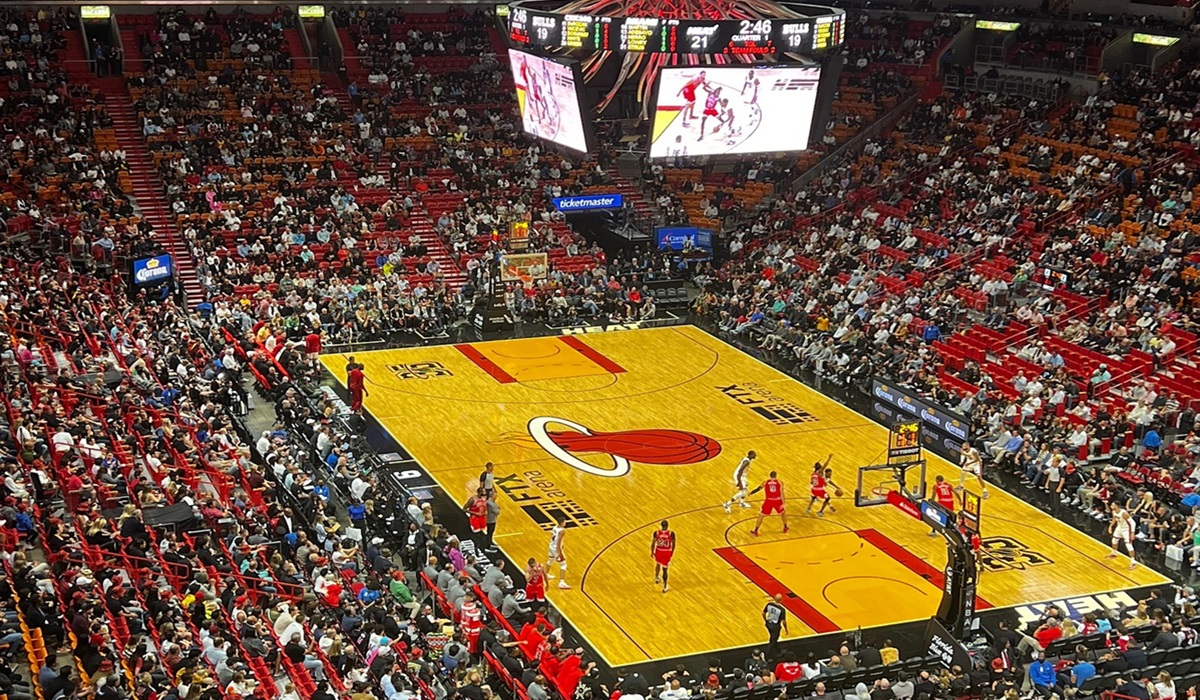Why Do Some Athletes Cheat, and When Is It Worth It in the End?
- Ingrid Jones
- Sports
- October 31, 2023

Sports have always been a symbol of human excellence, a testament to the incredible potential of the human body and mind. Yet, there’s a darker side to the world of sports that often goes unnoticed until a high-profile scandal emerges: cheating. The use of performance-enhancing substances, rule-breaking strategies, and other forms of cheating continue to plague the world of athletics.
Athletes are driven by a relentless desire to succeed, and for many, success is measured in victories, records, and championships. This unyielding pursuit of excellence can push athletes to their physical and psychological limits. The pressure to perform at the highest level can lead some to consider cheating a means to an end.
Motivations Behind Cheating: Within the competitive world of sports, the motivations for athletes to engage in cheating can be multi-faceted. One primary driving factor is the competitive pressure that pervades the sporting arena. The fear of losing, missing out on lucrative contracts, or being overshadowed by peers can create an environment where athletes feel compelled to cheat to gain a competitive edge. This intense competitive pressure is a subheading that underlines a significant cause of cheating in sports.
Financial Gains: Another critical motivator behind cheating in sports is the potential for substantial financial rewards. Success in the sporting realm often translates into lucrative sponsorships, endorsements, and bonuses. Athletes may resort to unethical practices to secure these financial gains, making this financial motivation a noteworthy subheading when examining the root causes of cheating.
Legacy and Fame: Athletes may also cheat in pursuit of cementing their legacies and attaining fame. The allure of breaking records and securing a place in history as a sports legend can be enticing enough to justify unethical means. The quest for a lasting legacy and fame is a compelling subheading that showcases the broader ambitions that can drive athletes to cheat.
Pressure from Coaches and Organizations: Lastly, athletes may experience pressure from their coaches, teams, or organizations, compelling them to cheat. These external influences, coupled with the internal desire to meet expectations and maintain their positions within the sports ecosystem, can drive athletes to engage in unethical practices. The role of pressure from coaches and organizations is an essential subheading when considering the complex web of motivations that lead to cheating in sports.
While cheating is generally considered unethical and can lead to severe consequences such as bans and tarnished reputations, some athletes may rationalize their actions by weighing the potential benefits against the risks.
The use of performance-enhancing substances by athletes like Lance Armstrong in cycling and Marion Jones in track and field, for example, led to significant tarnishing of their legacies. Armstrong’s seven Tour de France titles were stripped, and he faced legal challenges and losing sponsorships. Similarly, Jones had her Olympic medals taken away and damaged her reputation. These high-profile cases have not only discredited the sports involved but have also served as cautionary tales, underscoring the importance of maintaining the integrity of sports and the consequences of cheating.
The decision to cheat in sports is fraught with ethical dilemmas. While some athletes may rationalize their actions based on short-term success or financial security, cheating often leads to a cascade of negative consequences. These may include loss of credibility, damage to personal reputation, legal ramifications, and potential long-term health issues.
Moreover, cheating undermines the fundamental principles of fair play and the spirit of competition that sports are built upon. It erodes the trust of fans, fellow athletes, and the governing bodies of the sport. The temptation to cheat in sports is a complex issue driven by many factors, including intense competitive pressure, financial gains, and the desire for fame and legacy. Athletes may occasionally justify cheating to pursue short-term success, financial security, or personal redemption. However, these fleeting advantages often come at the expense of long-term consequences, including reputational damage and legal issues.
Ultimately, deciding to cheat in sports remains a high-stakes ethical dilemma, where the costs often outweigh the benefits. Athletes must resist the allure of cheating and remember that true success is built on the foundation of hard work, dedication, and the pursuit of excellence within the boundaries of fair play.








